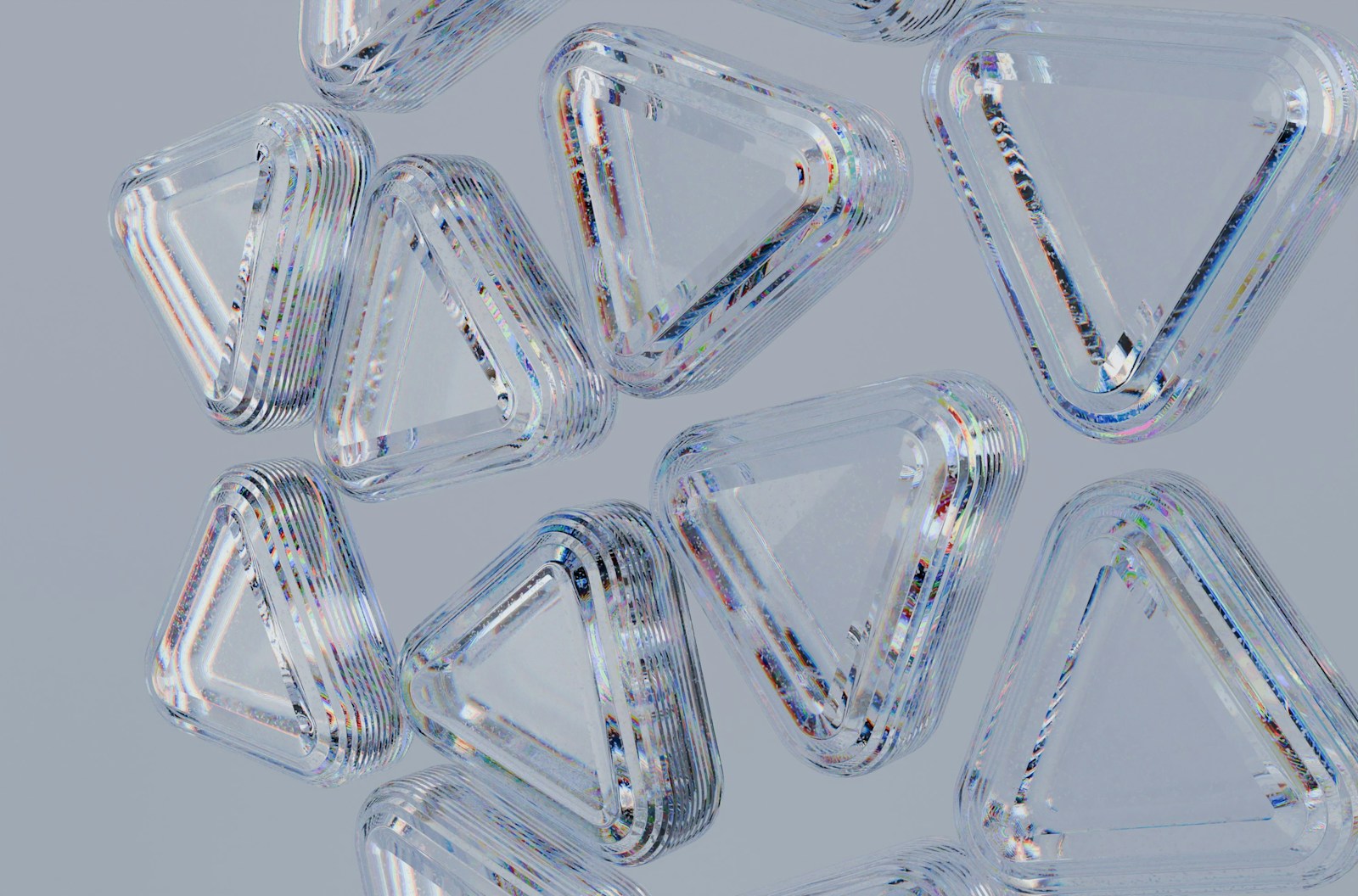South Africa’s Ban on Plastic Microbeads in 2025: A Vital First Step, But More Needs to Be Done
In a growing global effort to reduce plastic pollution, South Africa has recently made headlines with the announcement of a ban on plastic microbeads. These tiny plastic particles, commonly found in personal care products like exfoliating scrubs, toothpaste, and facial cleansers, have long been a source of concern due to their harmful impact on the environment. While this ban marks a significant step in the right direction, there are still critical challenges ahead in ensuring that the ban’s full potential is realized and its effects are long-lasting.
The microbeads, often invisible to the naked eye, have been identified as one of the most insidious contributors to ocean pollution. Because they are so small, they easily slip through water treatment systems and accumulate in water bodies, where they pose serious threats to marine life. The ban on these plastic particles in South Africa is a much-needed move to combat the growing issue of microplastic contamination, but it also raises questions about how effective the regulation will be in practice and whether further measures should be taken to protect both the environment and human health.
The Environmental Impact of Microbeads
Microbeads may seem insignificant due to their small size, but their environmental impact is far-reaching. These tiny pieces of plastic, less than five millimeters in diameter, are often used in personal care products to enhance their texture or cleaning ability. However, once washed down the drain, microbeads pass through wastewater filtration systems and end up in rivers, lakes, and oceans, where they can persist for hundreds of years.
Marine creatures, particularly filter feeders like fish, plankton, and shellfish, often mistake microbeads for food. Once ingested, these plastic particles accumulate in their bodies and can cause physical harm, such as blockages, injuries to internal organs, and even death. Furthermore, microbeads can also absorb harmful chemicals and toxins from the water, which are then transferred to marine life. This creates a vicious cycle that not only threatens biodiversity but also poses potential risks to human health when contaminated seafood enters the food chain.
In light of these devastating effects, many countries have moved to ban those microbeads in an attempt to curb their environmental and ecological impact. South Africa’s decision to join this movement is a significant victory for the environment, but it is also just one piece of the puzzle in tackling the broader issue of plastic pollution.
The Scope of South Africa’s Microbead Ban
The recent ban in South Africa specifically targets the use of plastic microbeads in rinse-off cosmetic and personal care products, such as face washes, body scrubs, and toothpaste. While this is a critical step forward, the ban has some limitations that need to be addressed to ensure its effectiveness.
The ban focuses primarily on consumer products, but microbeads are also present in other everyday items, including cleaning agents and industrial products. It is important to ensure that the regulation covers all potential sources of microplastic pollution. Furthermore, microbeads are often found in products marketed as “biodegradable” or “eco-friendly.” These claims can be misleading, as the particles still contribute to pollution and may not break down as promised, leading to further environmental damage.
A comprehensive ban should not only eliminate microbeads from cosmetic and cleaning products but also extend to other industries that may use microplastics, such as agriculture and the manufacturing of plastics for textiles, paints, and coatings. By broadening the scope of the ban, South Africa could reduce the overall amount of microplastic waste entering its ecosystems and reduce the associated risks to wildlife and human health.
Challenges in Enforcing the Ban
One of the significant challenges in enforcing a plastic microbead ban is the lack of awareness among both consumers and manufacturers. While the South African government has made strides in publicizing the ban, it is crucial for companies to adhere to the regulation and find alternative ingredients that do not harm the environment. Unfortunately, some companies may attempt to bypass the regulations by using alternative microplastics or other synthetic materials that are just as harmful as the microbeads themselves.
To counteract this, South Africa needs to implement a more robust monitoring system that can track and test products for compliance. This could include routine checks of product ingredients, as well as penalties for companies found violating the law. Effective enforcement is essential to ensure that the ban has a tangible impact on reducing plastic pollution in the country.
Additionally, educating consumers on the dangers of plastic microbeads and encouraging them to choose products that do not contain these harmful substances will be crucial in driving demand for environmentally friendly alternatives. Public awareness campaigns can help consumers make more informed choices, which, in turn, will motivate manufacturers to adopt more sustainable practices.
Exploring Alternative Solutions
While the ban on plastic microbeads is a necessary first step, it is essential to explore alternative solutions that can reduce the environmental impact of personal care products and other goods. Fortunately, there are already viable alternatives to microbeads that are both effective and environmentally friendly.
Natural exfoliants, such as ground seeds, nut shells, and volcanic ash, are increasingly being used as replacements for plastic microbeads. These materials are biodegradable and do not pose the same risks to marine life as synthetic particles. Similarly, products made with natural ingredients such as sugar, salt, or clay offer effective exfoliation without contributing to microplastic pollution.
However, the transition to these alternatives requires time and investment from manufacturers. It also calls for regulatory incentives to support companies in making the switch. Governments can play an essential role in encouraging businesses to adopt sustainable alternatives by offering subsidies, tax breaks, or other incentives that lower the cost of production for eco-friendly products.
Beyond cosmetics and personal care products, there is also a need for a broader movement to reduce their use in all industries. While microbeads are a small part of the overall plastic pollution problem, they serve as a reminder of the need for systemic change. South Africa can take the lead in promoting a circular economy, where materials are reused, recycled, and kept out of landfills and water bodies.
The Path Forward: A Holistic Approach to Plastic Pollution
South Africa’s ban on plastic microbeads is undoubtedly a positive step, but it should be viewed as part of a larger strategy to tackle plastic pollution in all its forms. While the government is taking steps to address the issue, it is essential for industries, communities, and individuals to join the effort by adopting sustainable practices and holding companies accountable for their environmental impact.
In addition to banning plastic microbeads, South Africa could benefit from expanding its focus on other sources of microplastic pollution, such as plastic fibers from clothing, tire wear, and industrial processes. By addressing these sources of pollution as well, the country can ensure a more comprehensive approach to reducing the harm caused by microplastics.
Finally, the ban should be accompanied by efforts to promote a more sustainable, circular economy where their use is minimized, and alternatives are readily available. As awareness grows and the public demands better solutions, there is an opportunity for South Africa to lead by example in the global fight against plastic pollution.
Conclusion: A Significant Step with More Work Ahead
South Africa’s move to ban those microbeads is an important achievement in the fight against plastic pollution. However, this step is just one part of a larger, more complex challenge. To make a real impact on the environment and public health, the country must ensure effective enforcement of the ban, broaden its scope to include other sources of plastic pollution, and support the development of sustainable alternatives. With continued effort and collaboration, South Africa can set a strong example for the world in the movement toward a cleaner, healthier planet.
For more news: africaciviclens.com




